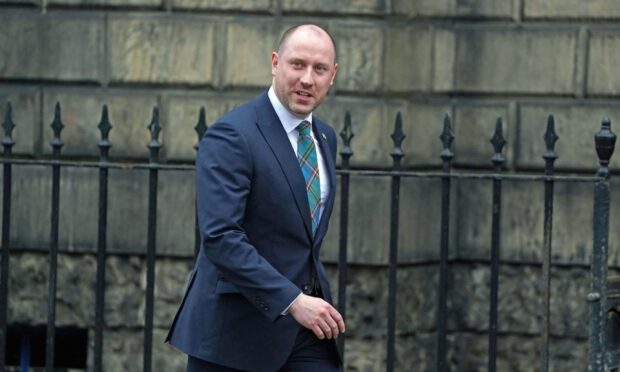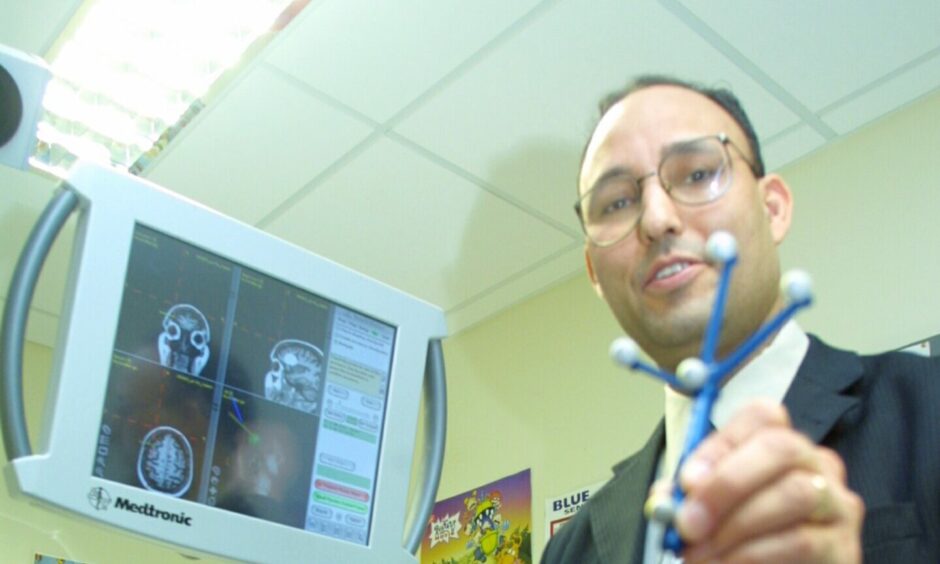New SNP health chief Neil Gray was given the biggest job of his career so far last week as Humza Yousaf tasked him to run Scotland’s NHS.
But from record A&E waiting times to lengthy delays getting patients out of hospitals, the Airdrie and Shotts MSP will have plenty on his plate.
Here’s the current state of play as the SNP’s sixth health secretary in the past decade looks to get the NHS back on track.
Waiting times remain a major problem
No problem has gripped Scotland’s NHS since the Covid pandemic more than plummeting waiting times for A&E patients.
There was a major decline in the number of people showing for emergency treatment during Covid lockdowns when everyone was told to stay home.
But that quickly reversed as pandemic restrictions were eased as the NHS continued struggling to recover from the impact of the virus.
In December 2022 – when First Minister Humza Yousaf was health secretary – just over 62% of all patients were seen within the target time of four hours.
That led to repeated demands for Nicola Sturgeon to sack him, before he ended up replacing her in the top job instead.
A year on, just over 65% of patients were able to get treatment without waiting for more than four hours, a slight improvement.
Mr Gray succeeds outgoing health chief Michael Matheson during the winter period when emergency departments remain under immense pressure.
Waiting times in NHS Fife have plummeted since the pandemic.
In December last year, just over 70% of patients were seen within the target time, slightly above the national average.
That’s an improvement from the year before, when a mere 63% of people who visited emergency departments were seen in a four-hour window.
Before Covid struck, hospitals in Fife often managed to meet the 95% target.
By contrast, NHS Tayside has been one of Scotland’s better performing health boards and has not been as heavily impacted by the national decline.
In the final month of last year, just under 90% of all patients presenting at A&E were seen on time.
Even at its lowest a year before in December 2022, 79% of people visiting emergency departments across NHS Tayside were seen within four hours.
Bed blocking has risen since the pandemic
Delayed discharge for patients from hospitals across Scotland is another crisis that has plagued successive health ministers in the aftermath of Covid.
In December 2023, 1,879 Scots on average were being kept in hospital for longer than they ideally needed to be every single day.
That’s just slightly below a total of 1,950 beds being blocked every 24 hours in November 2022, the highest figure in the past five years.
NHS Tayside saw a major increase in delayed discharges after the pandemic, when Mr Yousaf was in charge of the health service.
In October 2022, 156 patients were being kept in hospital beds for longer than they needed to be there each day, the highest monthly total so far.
But those figures have dipped significantly during Mr Matheson’s period in office, returning somewhat closer to pre-pandemic levels.
By contrast, the number of beds being blocked in NHS Fife has seen a notable change compared to before March 2020.
Delayed discharges across the region initially increased in the summer of 2021 as lockdown restrictions were eased, but have since returned to normal.
What other problems will the new health secretary face?
Getting A&E times and delayed discharge down will be just two of the many problems Mr Gray has to tackle across the north and north-east.
The new health secretary will be expected to immediately get to grips with the long-running scandal surrounding former NHS Tayside surgeon Sam Eljamel.
Angry campaigners who were harmed by the rogue surgeon want immediate progress on getting a public inquiry into the debacle underway.
Uncertainty surrounding under-fire National Clinical Director Jason Leitch’s involvement in the process – and his role at NHS Tayside – has also led to questions for the government.
Across the country, the NHS has been plagued with long-running recruitment difficulties in many of Scotland’s more rural areas.
Last August, we revealed a GP in Fife had not received a single application for four separate posts in three years.


